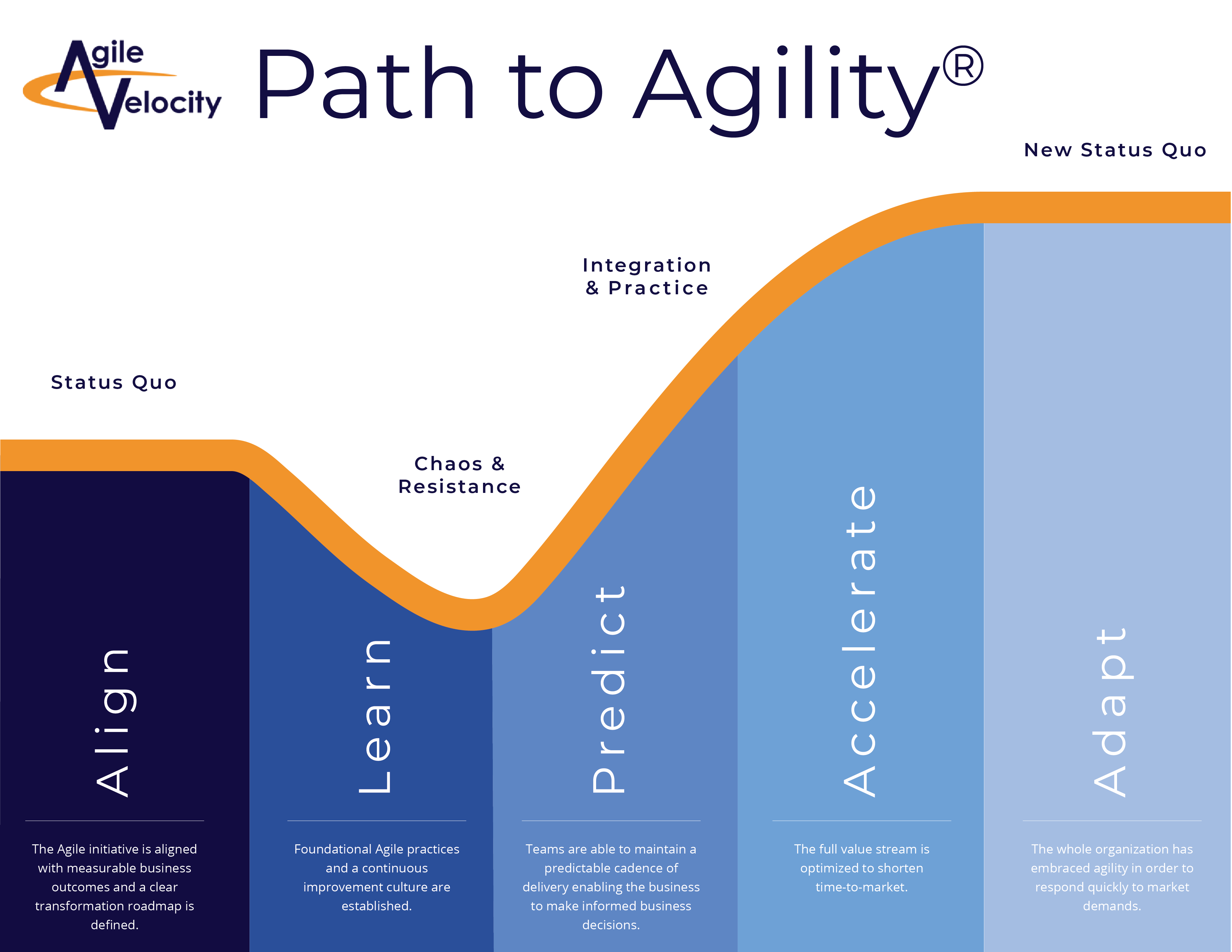

Transform colorado plus#
2, 6, and 7, all built in Colorado in the 1930s (only seven Galloping Geese were ever built), plus 1899-vintage Rio Grande Southern steam locomotive No.

A “Parade of Geese and Steam” that will include three Rio Grande Southern “Galloping Geese” railcars, Nos.20 (a vintage 1899 locomotive that just completed a $2 million, 14-year restoration in 2020) or in Rio Grande Southern “Galloping Goose” railcar No. Rides on a steam train pulled by Rio Grande Southern No.“ Railroads helped transform Colorado from a mountain wilderness into a booming state, and at this event we will feature a variety of operating locomotives, cars and equipment so that visitors can experience the sights, sounds, smells and thrills of early railroading in the Centennial State,” said Paul Hammond, executive director of the Colorado Railroad Museum. These beloved self-propelled rail cars once carried mail over Lizard Head Pass in southwest Colorado. Called “Colorado Crossings: Intersections of History,” the event will feature two coal-fired narrow-gauge locomotives under steam plus three “Galloping Geese” in operation. – The Colorado Railroad Museum is bringing back Denver Metro’s largest and most colorful festival of operating trains over the weekend of May 14-15, 2022. HB22-1355 heads next to the House Appropriations Committee.Colorado Railroad Museum’s “ Colorado Crossings” Event Features Two Steam Locomotives, Three “Galloping Geese” and Railroad Fun “If they have the responsibility for the plastics that can’t be reused or recycled easily, they’ll stop producing a lot of it to begin with,” said Wilmouth. HB-1355 will put the responsibility of dealing with this plastic waste back onto the producers of this packaging. We need to reduce unnecessary waste and stop allowing producers to pass the responsibility of plastics’ end-life costs off to us to deal with it. In Colorado, we only recycle 9% of the plastic containers and packaging in the state and most plastics are not easy to recycle.įor too long, manufacturers of plastic have put the responsibility of dealing with plastic – recycling and disposal – on the shoulders of individuals and local communities once they’re done being used. Plastic takes hundreds of years to biodegrade if it ever does. What’s particularly frustrating is so much of this plastic is used once to wrap something but then stays with us for centuries. “We’ve all had the experience of ordering something online and having our package arrive only to discover numerous layers of individual plastic packaging that comes wrapped around different items in the box.” “We need to reduce the amount of plastic we produce, especially all the unnecessary plastic packaging we don’t want and can’t avoid,” said Rex Wilmouth, Environment Colorado Senior Program Director. The bill passed on a 7-5 vote with Representatives Valdez, Bernett, Cutter, Froelich, Sirota, Titone, and Weissman voting yes.

The bill will reduce plastic packaging and transform Colorado’s dismal recycling system, creating the infrastructure to collect and reuse valuable glass, aluminum and paper and the incentives for large companies to reduce the amount of non recyclable and unnecessary packaging that comes wrapped around products. DENVER – Building on successful programs in dozens of countries and recent action taken by Maine and Oregon, the bipartisan producer responsibility bill, HB22-1355, passed out of its first committee with a 7-5 vote.


 0 kommentar(er)
0 kommentar(er)
